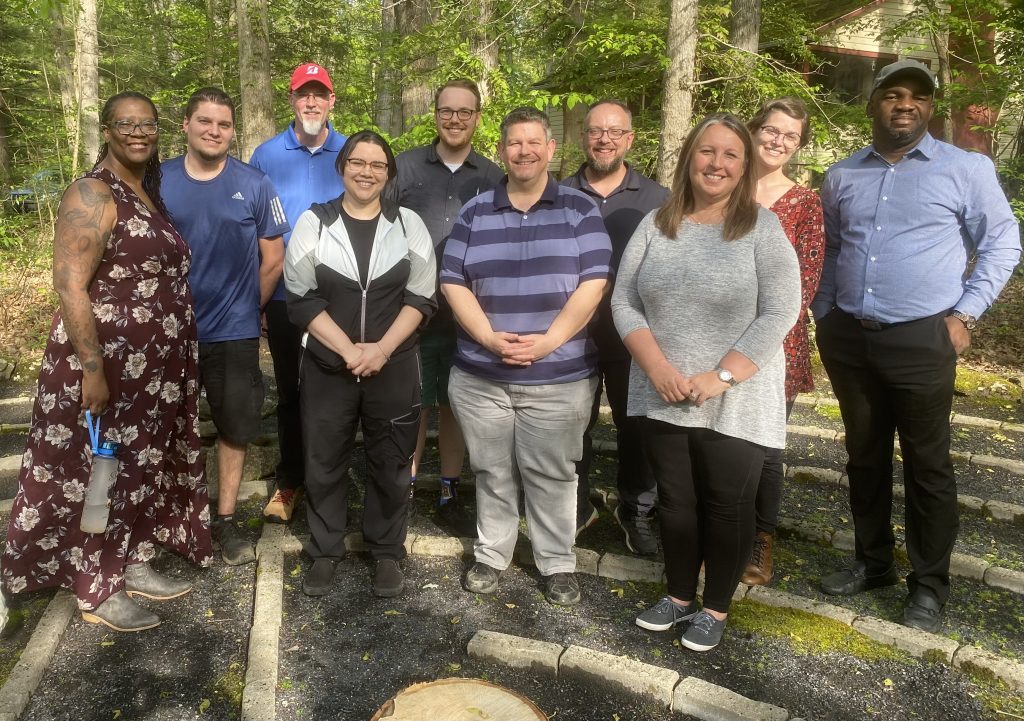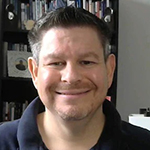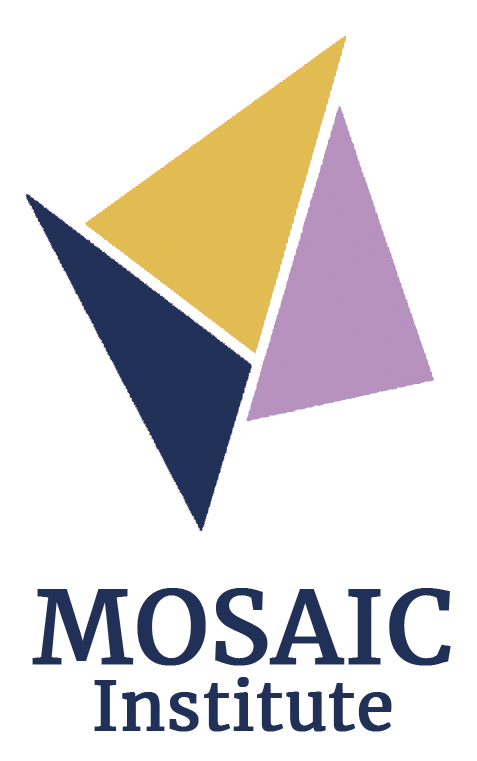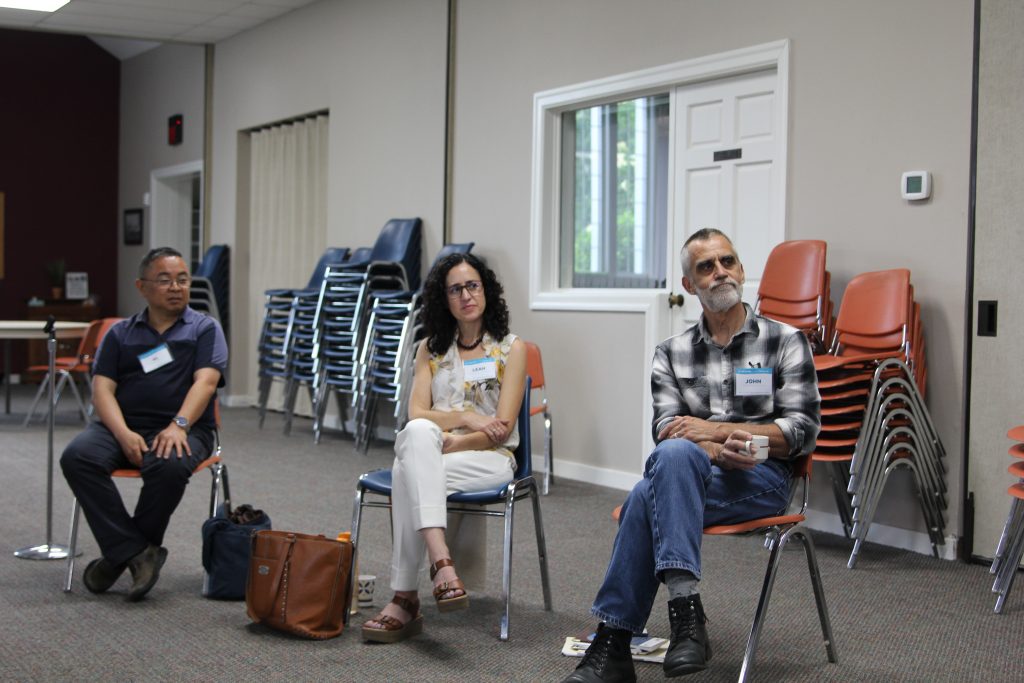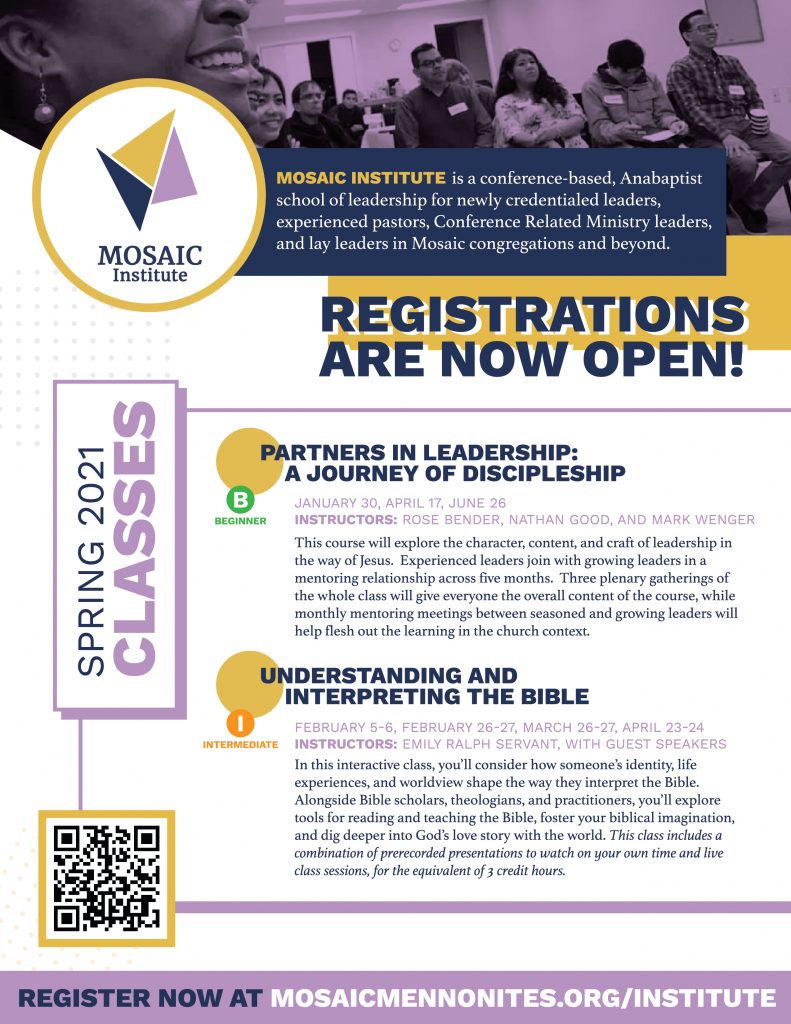By: Rose Bender Cook
All newly credentialed leaders in Mosaic Conference are required to take four courses from the Mosaic Institute. These courses introduce them to Anabaptist history and Mosaic Conference priorities as well as help foster collegial relationships across geography and culture.
One of the assignments in the first course is called, “Great Cloud of Witnesses.” Students choose from a list of noteworthy Anabaptists that spans 500 years (e.g., Felix Manz, Christopher Dock, Anne Allebach, Clayton Kratz, and James and Rowena Lark) and present a first-person monologue of their character.
Over years of teaching this course, I have noticed that the students are less likely to choose from the list of names on the syllabus. More often, they want to research people that connect their story to the larger Anabaptist story. These are some recent questions students have asked me:
- “Can I research how the Anabaptist movement went to Indonesia?”
- “I want to interview Ransford Nicholson and learn about the Jamaican Mennonite Conference.”
- “I grew up in the beautiful village of Abiriba, Nigeria, and it had Mennonite doctors and nurses. Can I research how and why they came to that village?”
As they research and share these new-to-me stories, I am learning history, too.
During the course, students share their own pathway to Anabaptism. We also learn early Anabaptist history through original source documents and John Roth’s book, Stories: How Mennonites Came to Be. We learn Mosaic Conference history by going to the Mennonite Heritage Center (Harleysville, PA) and by connecting with congregational leaders and local Conference Related Ministries.
The students and I hear the story of God’s people in the past and develop relationships that help us imagine God’s future story. As we learn about people and places like Menno Simons, the Germantown (PA) Meetinghouse, the formation of Norristown (PA) Nueva Vida New Life, we hear the testimony of God’s call to a life of peace and justice after living through genocide in Burundi; we learn what it means to be faithful to God’s call while organizing with the Poor People’s Campaign in New York; and, we hear about experiments of immigrants becoming pastors in predominantly English-speaking congregations.
Though teaching the traditional curriculum is still important, a higher priority for the Mosaic Institute is that students find themselves in the Anabaptist story and in the even grander story of God’s church.
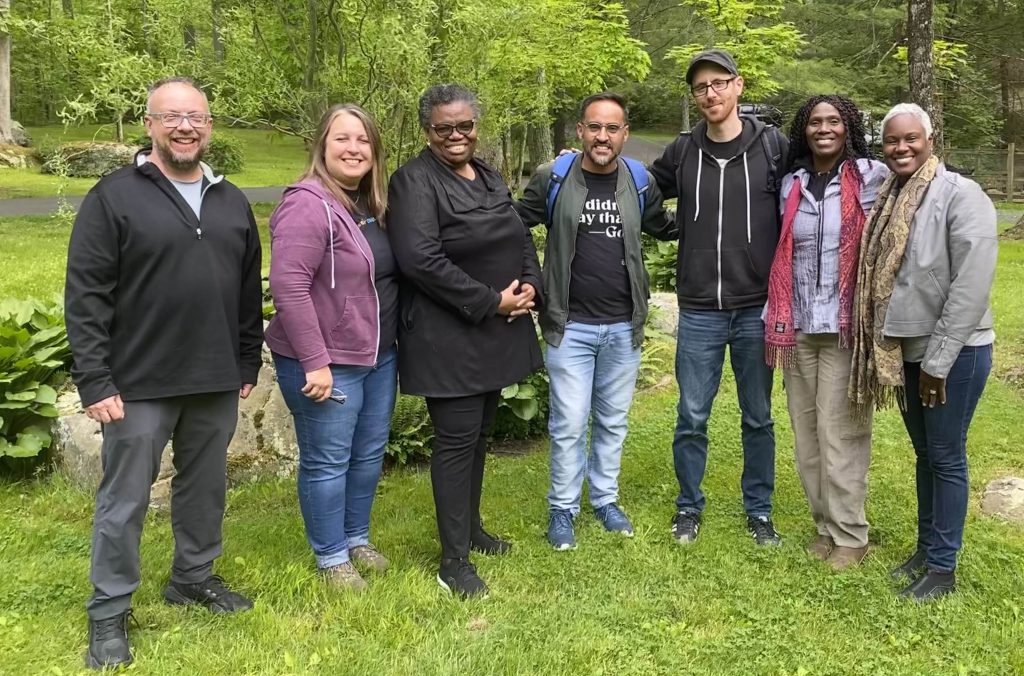
Photo provided by Rose Bender Cook.
At Whitehall (PA) Mennonite Church, where I am one of the pastors, we are in a series called Build Your Church, Lord, and we have been asking members to pray this phrase daily. I have been amazed (once again) by the church in Acts. In the face of persecution and divisive conflict, the church is still ultimately one of widening the circle of Jewish Christians, Samaritan Christians, Ethiopian Christians, and Gentile Christians. The Spirit leads the way. Each group finds its place in God’s story.
In the current milieu of Christian nationalism and culture wars that seemingly define the issues that divide our congregations and our conference, my experiences with Mosaic Institute classes ground and remind me of the long and wide story of God’s people and God’s church. I am convinced that our Conference name is both descriptive and prophetic. We are Mosaic, and we are becoming more so—in all the beauty and richness.
Continue to build your church, Lord. May your glory and your kingdom come on earth, as it is in heaven. Amen.
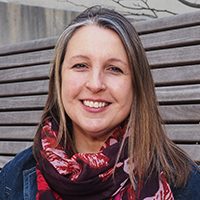
Rose Bender Cook
Rose Bender Cook is the Interim Leadership Minister for Formation and the Mosaic Institute Director. She is also a pastor at Whitehall (PA) Mennonite Church.

